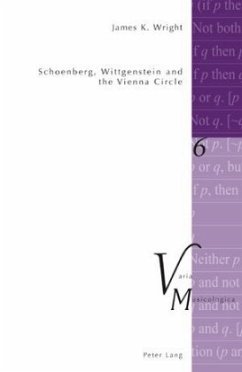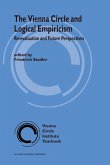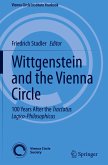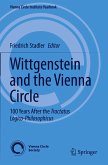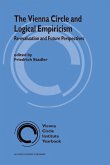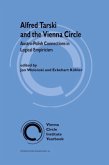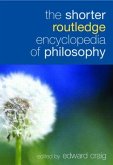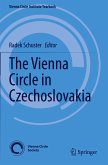In 2006, Schoenberg, Wittgenstein, and the Vienna Circle received a Lewis Lockwood Award (Finalist) from the American Musicological Society, for outstanding new books on musicological topics.
This study examines relativistic aspects of Arnold Schoenberg's harmonic and aesthetic theories in the light of a framework of ideas presented in the early writings of Ludwig Wittgenstein, the logician, philosopher of language, and Schoenberg's contemporary and Austrian compatriot. The author has identified correspondences between the writings of Schoenberg, the early Wittgenstein (the Tractatus Logico-Philosophicus, in particular), and the Vienna Circle of philosophers, on a wide range of topics and themes. Issues discussed include the nature and limits of language, musical universals, theoretical conventionalism, word-to-world correspondence in language, the need for a fact- and comparison-based approach to art criticism, and the nature of music-theoretical formalism and mathematical modeling. Schoenberg and Wittgenstein are shown to have shared a vision that is remarkable for its uniformity and balance, one that points toward the reconciliation of the positivist/relativist dualism that has dominated recent discourse in music theory. Contrary to earlier accounts of Schoenberg's harmonic and aesthetic relativism, this study identifies a solid epistemological core underlying his thought, a view that was very much in step with Wittgenstein and the Vienna Circle, and thereby with the most vigorous and pivotal developments in early twentieth century intellectual history.
This study examines relativistic aspects of Arnold Schoenberg's harmonic and aesthetic theories in the light of a framework of ideas presented in the early writings of Ludwig Wittgenstein, the logician, philosopher of language, and Schoenberg's contemporary and Austrian compatriot. The author has identified correspondences between the writings of Schoenberg, the early Wittgenstein (the Tractatus Logico-Philosophicus, in particular), and the Vienna Circle of philosophers, on a wide range of topics and themes. Issues discussed include the nature and limits of language, musical universals, theoretical conventionalism, word-to-world correspondence in language, the need for a fact- and comparison-based approach to art criticism, and the nature of music-theoretical formalism and mathematical modeling. Schoenberg and Wittgenstein are shown to have shared a vision that is remarkable for its uniformity and balance, one that points toward the reconciliation of the positivist/relativist dualism that has dominated recent discourse in music theory. Contrary to earlier accounts of Schoenberg's harmonic and aesthetic relativism, this study identifies a solid epistemological core underlying his thought, a view that was very much in step with Wittgenstein and the Vienna Circle, and thereby with the most vigorous and pivotal developments in early twentieth century intellectual history.

